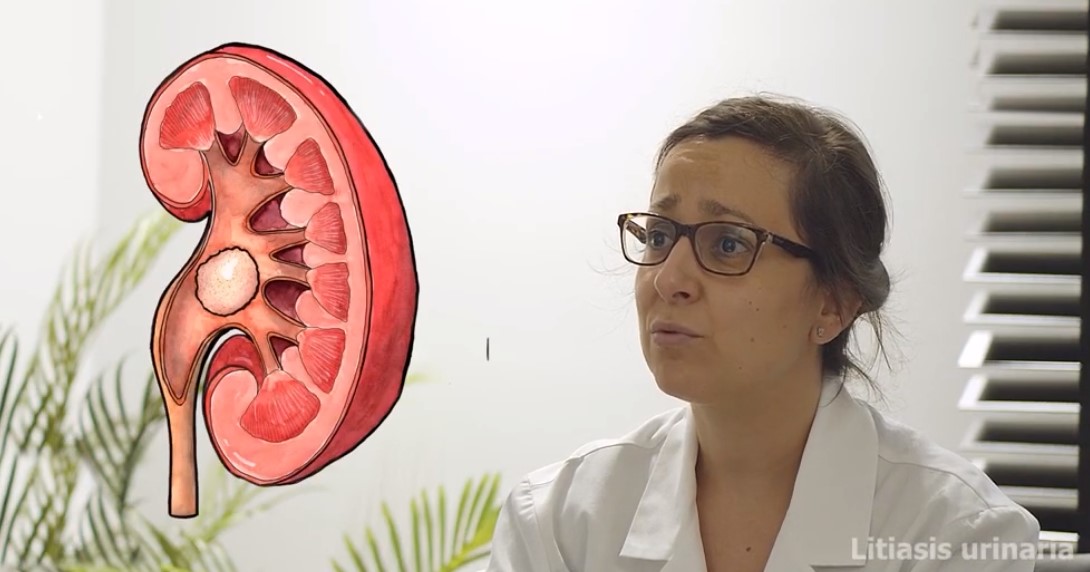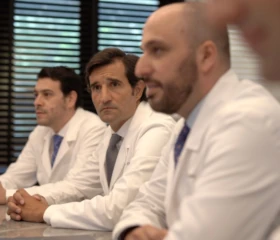Kidney Stones


- Super-specialized urologists
- Personalized treatment
- Minimally invasive approach
- More than 16,000 patients successfully treated
What are kidney stones?
They ask us in the Consultation
Is it possible to exercise with kidney stones?
A person with kidney stones can do physical exercise and should do so, since it leads to an improvement in metabolism and is known to promote the elimination of solutes. It is true that physical activity will dehydrate more, especially if it is summer, having to hydrate more than usual because of the fluid lost in sports.
How is the postoperative period after an operation to treat lithiasis?
The postoperative period will depend on the type of intervention performed. If it has been treated with lithotripsy, the patient will not need hospitalization, since it is an outpatient procedure. However, if endoscopic surgery was performed, the patient is usually hospitalized for at least one day with a double J catheter in place to protect the kidney.
What are the side effects of the double J catheter?
The double J catheter presents a series of side effects such as discomfort and irritation caused by the end of the catheter inside the bladder. In order to minimize them, in addition to medical treatment, we try to keep the catheter as short as possible.
How long do I have to have the double J catheter in place?
The length of time a person will need to wear a double J catheter will depend on the complexity of the procedure. Typically, after ureteroscopic surgery or retrograde intrarenal surgery, the time ranges from one week to 10 days. However, if the surgery is more complex, it may be necessary to wear the catheter for about 15 days, and this period may be extended to 21 days.
Team of the Kidney Stone unit
Newsof ROC Clinic in Kidney Stones
Research
Comparative study between Holmium laser and superpulsed Thulium laser for the treatment of renal lithiasis.


 +34 912 627 104
+34 912 627 104 Contact
Contact









